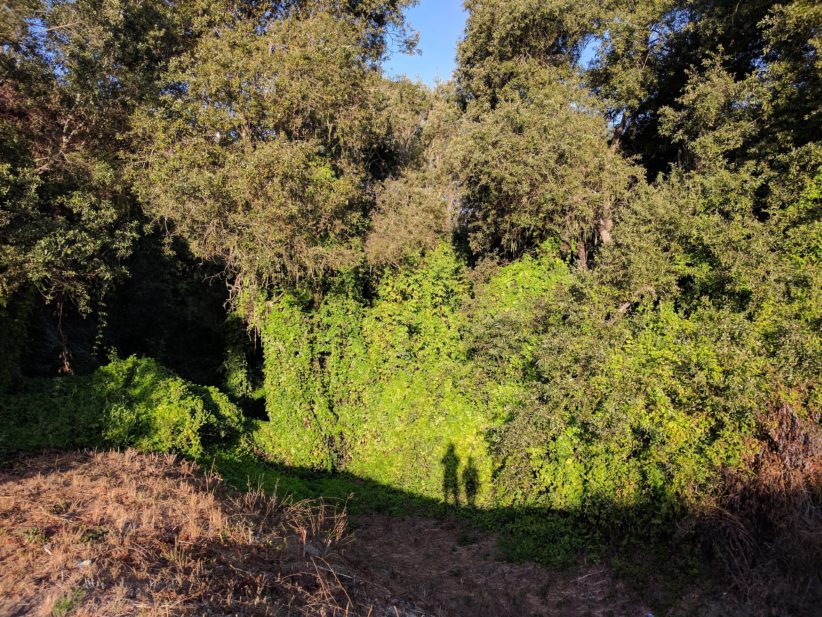Like many docs, I took all the accelerated classes our high school offered. I remain in touch with several close friends from those days. Some stay with me for our shared values, others for our shared history. At the wedding of one such friend, I had the opportunity a few years back to reconnect with the class gunner.
For those unfamiliar with the term, a gunner is the hyper-competitive kid who sees life as a series of opportunities to pad a college application. It's the kid who is willing to ingratiate herself to a teacher in a manner that loses the respect of her peers.
A recent critique of meritocracy discussed a generation of privileged kids who spend so much time preparing for the future that they do not make time to exist in the present. Little C, our class gunner, was their poster girl.
She followed in the footsteps of her older brother, who represented the Platonic ideal of gunnerhood and had procured a business degree from an Ivy League college admission as the bitterwseet fruit of his labors. We regarded her with equal parts pity and disdain.
"What did you get on the [test/problem set/presentation]?" Little C would inquire within seconds of the teacher returning a graded assignment, incapable of resisting the urge to compare herself to others.
If we were feeling wicked (my group of adolescent boys was prone to such feelings) we'd keep a straight face and mention fictitious extra credit we'd received on a bonus question, which put Little C into a frenzy of shuffling papers to understand how she could possibly have overlooked a source of extra points.
We'd eventually break a smile, cuing her relief that she had not fallen behind. She was socially awkward but well-meaning, as if she couldn't make up her mind if it was okay to let her guard down and befriend the competition. Because she was so intently focused on competing with us, she could not quite figure out how to relate to us.
I included her in a monthly AP Chemistry problem set study group I hosted. Despite the neuroses she wore on her sleeve, all of us felt in some visceral way that we understood and shared her fears - we just kept them beneath the surface to maintain an only slightly less nerdy facade.
Little C ultimately reached her goals and got the college acceptance letters she'd worked so hard to produce. We attended Stanford together, and while I seldom saw her on campus, neither of us made an effort to maintain our acquaintance.
Fast forward to the wedding. There was an enthusiastic greeting, and a long conversation catching up over drinks. Little C had undergone a rebirth during and after college - what she sought, after some critical introspection, was a life of adventure and engagement instead of the endless achievement treadmill that had characterized her early years.
She applied and was accepted into the U.S. State Department, where she met her her husband while on assignment in Asia. Their children were cosmopolitan beings fluent in multiple languages, and she had served assignment in 5 countries on 3 continents thus far.
She didn't mind giving up control of her geography in exchange for a generally higher quality of life and the sense of adventure that came with it.
By the time the wedding weekend ended, I'd come to regard the several hours spent chatting with Little C as one of the weekend's personal highlights. I reflected on why I was so moved by her trajectory, and this is what I realized:
- There's an arc of redemption in proceeding from a myopic focus on building a CV for personal advancement into a broad focus on engaging the world for personal growth.
- She exuded a kid-in-a-candy-store sweetness in delighting in her life in the moment instead of putting shoulder to grindstone for her uncertain future.
- It takes big ovaries to live life in the State Department. You are deployed where you are needed. To raise a family abroad is a mixed bag - you get a lot of lifestyle bang for your buck (nannies, cooks, drivers, private school stipend) that offsets the need to be far from the family and community you were raised in.
I'm willing to acknowledge I might be an overly judgmental doofus for thinking this, but someone whose constricted world view and safe choices I once might have pitied now leads a bold life I have great respect for.
The parallels I see to medicine are that it's never too late to take stock of your life, pivot, and re-prioritize.
Life's short enough without feeling resigned to inhabiting the life you have instead of working to transform it into the life you seek.

